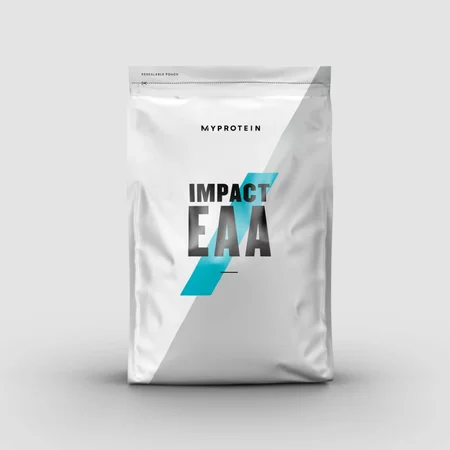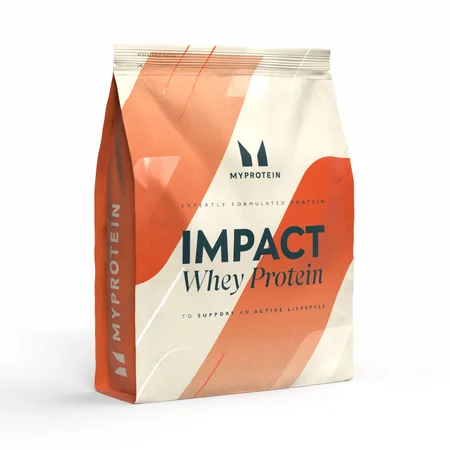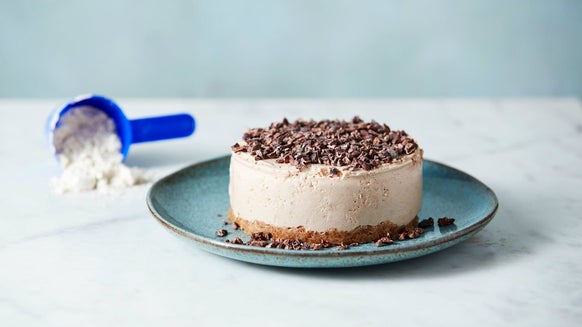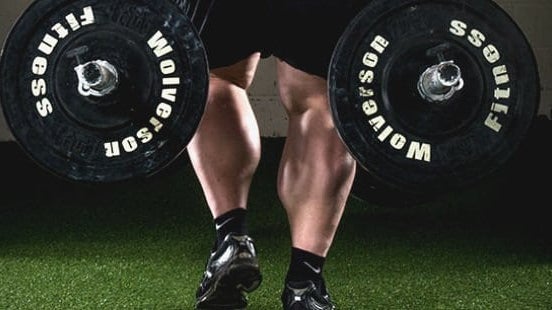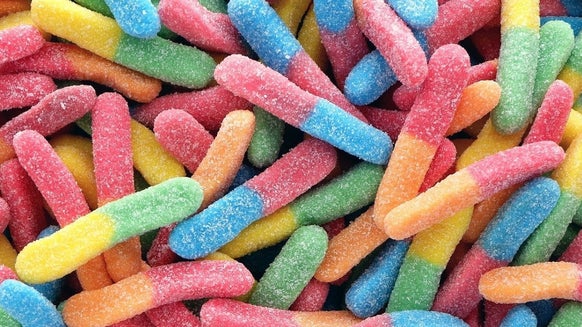Protein Shake With Milk Or Water | What’s The Difference?
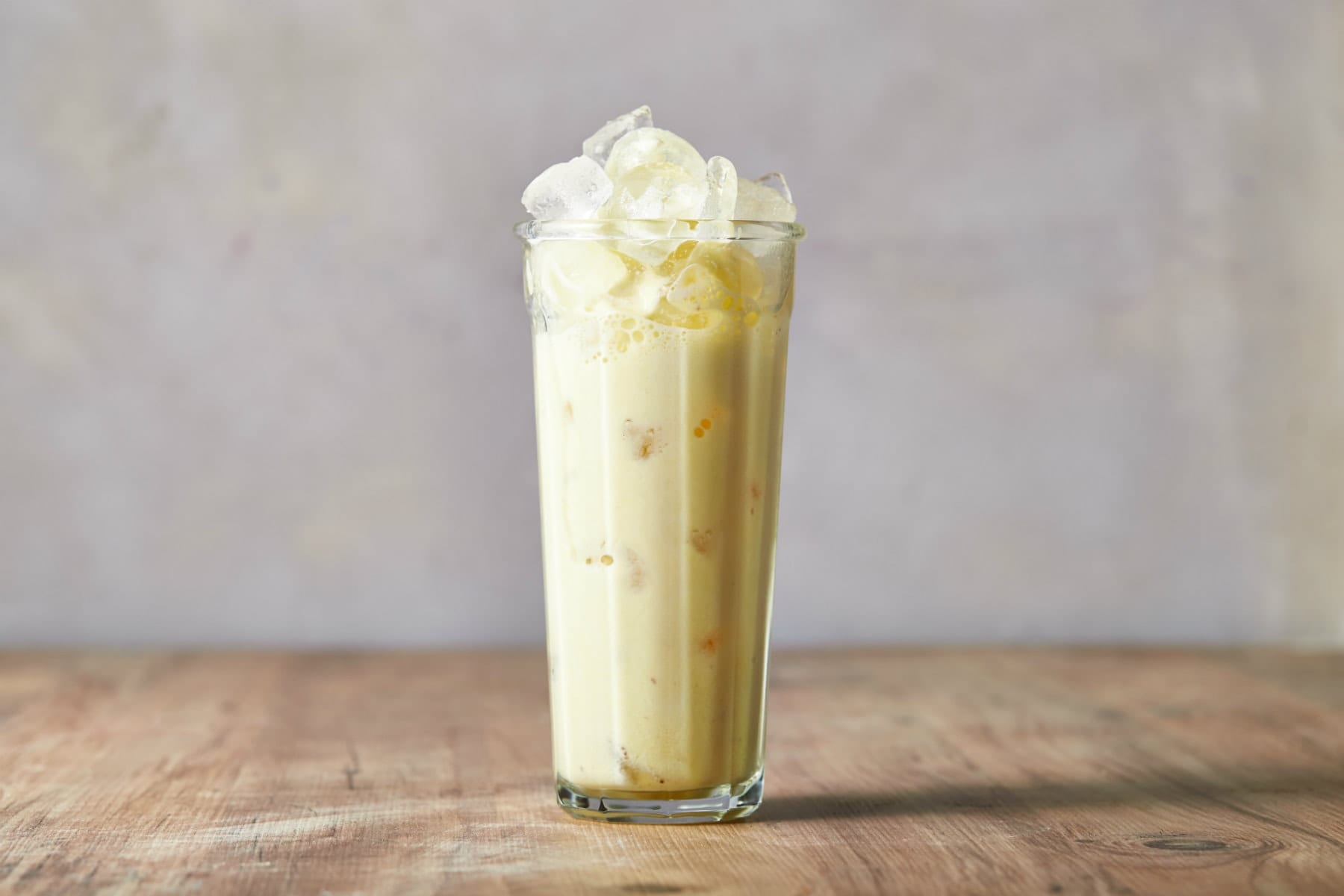
So, you’ve got your protein, know all the benefits of how it allows you to quickly absorb and digest all the protein that you need immediately before, during and after a workout, and you’re starting to see and feel the difference. The label directs you to mix it with water or milk. Should you have your protein shake with milk or water – surely the results aren't different, are they? This is a question that comes up for everyone from newcomers to pro-athletes, and from people trying to cut weight to those trying to build.
Should You Have a Protein Shake with Milk or Water?
We’re going to avoid sitting on the fence here, so excuse us when we begin by saying it depends. There isn't just one benefit to each way – there are several, but it really does depend on what your aims are.
When building mass and muscle, mixing your protein with milk will yield better results. For lean builders, trimmers and toners, water is the way to go. It comes down to nutrition, as that’s exactly why you are drinking protein shakes in the first place.
Milk Protein Shake
For muscle gain, there are some serious advantages to be had from consuming your protein shake with milk. Casein and whey are the two high-quality proteins found in milk, at a ratio of approximately 80% casein to 20% whey. Whey protein has a fast digestion rate – perfect for after a workout to refuel muscles – whereas casein protein digests at a more slow and steady rate, fuelling muscle-protein synthesis for extended periods of time.
Don’t get us wrong – you get a helping of protein in your water-mixed protein shake, but adding it to milk will give you the edge by providing you with more protein. How much? Every cup of milk you add to your protein has 8 grams of protein already in it. When you mix it with a scoop of protein powder, you're fuelling up with a mighty dose of more than 30 grams of protein all in one.
Milk can directly help your muscles to recover and rebuild after a rigorous strength workout. Building lean muscle mass actually comes with many more benefits than looking muscular alone. It can help to manage body fat and calorie balance, as well as lowering risk of diseases and common illnesses.
Milk is the obvious choice for anyone trying to build – especially hard gainers struggling to garner enough mass to change their body type. Milk is a good source of fats and carbohydrates to achieve this. Carbohydrates not only help you to build size and aid muscle recovery after a heavy lifting session, but they provide you with the energy to get the job done in the gym.
Nutrition aside, many people recommend milk as a mixer from the taste alone, as it gives a creamier mouthfeel and slightly sweeter taste, satisfying sweet-tooth cravings and leaving you feeling more full.
Water Protein Shake
Water is calorie-free. Enough said for some, perhaps. The major benefit of taking your protein with water instead of milk comes down to weight management. Drinking protein with water is the true diet version.
Mass gainers will benefit from milk, but if you’re trying to manage your weight while getting your protein, water is on your side when it comes to cutting calories. One scoop of the average protein powder mixed with just one cup of milk is an estimated 270 calories. A protein shake mixed with water is a mere 110 calories. That’s a considerable tick under water for anyone that's calorie counting.
The same goes for carbohydrates and fats. Let’s make it clear that you need carbs and fats for not only muscle gain, but the maintenance of general health. For macronutrient counters, carbohydrates and fats are an area to which you will be paying particularly close attention.
Milk contains carbohydrates. While above we mentioned the advantages of the carbohydrates in milk (that everyone should keep in mind), carbs may be something you're cutting elsewhere and don’t want in abundance in your post-workout shake.
Milk is a source of fat. While your body needs fat, if your protein shake is all about the protein for you, then water is the way to go. To give you a better idea of exactly what you're consuming, each 250ml glass of whole milk provides 8.3 grams of fat and 4.8 grams of saturated fat.
A good protein powder is designed to taste great with either milk or water, so you needn't worry about losing flavour with your water-based shake.
Take Home Message
So, should you have your protein shake with milk or water? Taste aside, there are some serious differences between taking your protein with milk and water. Water is the weight-watcher's choice, providing protein while minimising the fats and carbohydrates found in milk. Those fats and carbohydrates are nothing to be ignored for muscle builders and gainers, who will massively benefit from the extra protein found in milk.

